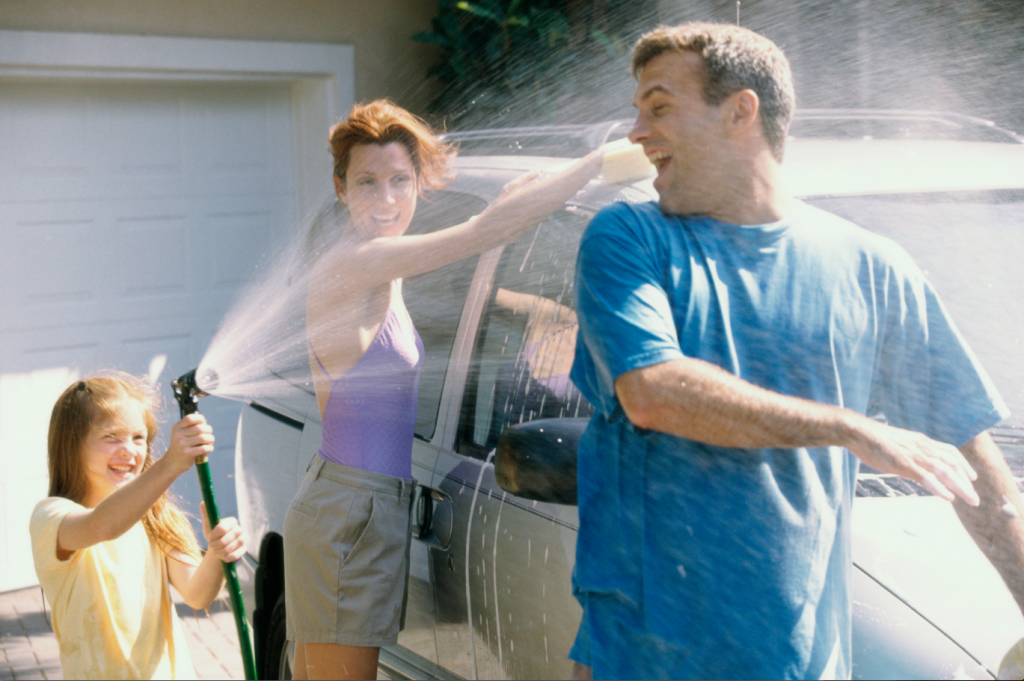
Vancouverites begin to reflect and recover from the dry summer
By Davie Wong, Columnist
Owners of dirty cars and brown lawns can rejoice as the strict water restrictions that had been placed on Metro Vancouver have been eased.
As of September 10, the Greater Vancouver region has downgraded their water restrictions from Stage 3 to Stage 2. This comes as a relief to many Vancouverites, as the sight of dust-covered vehicles and fields of dead grass had become a common sight over the course of the restriction. The list of restrictions on uses for water have been revised, including car washing; both the private and commercial cleaning of driveways, sidewalks, and parkades; as well as lawn sprinkling. The washing of motored vehicles is allowed once again, so long as car owners have a spring-loaded nozzle on their hose. However, water should only be used for health and safety reasons. Using water unreasonably or for aesthetic purposes is still restricted, meaning that powering public and commercial fountains is prohibited.
This is the first time the restriction has been lowered since it was upgraded to Stage 3 on July 21. Heavy rain in the past weeks, as well as more predicted rain, has prompted the city to lower the sanction on water usage. It marks the beginning of the end to a long summer of drought and forest fires along the interior of BC, with temperatures averaging in the high 20s for the Lower Mainland throughout the months of July and August.
While the sun was a positive experience for beachgoers and tourists, it had a negative impact upon businesses that rely heavily on water, such as window cleaning companies and landscapers. When asked by Global News some companies who specialize in installing lawns reported as much as a 70 per cent drop in workload.
Nicholas Brand, the founder of Men in Kilts Window Cleaning, told CBC that “We’ve had to lay off most of [our] staff. We’ve got two trucks running on a daily basis, and they’re only about half booked right now, where normally we’d probably be running five trucks and pretty much the whole month would be booked in advance.”
These companies are hoping to recover their losses now that the water restrictions have been eased. However, for some, the damage has already been done, with many companies reporting that they’ve had to lay off more than half of their staff.
Beyond the city, the drought caused insurmountable amounts of damage to the interior of BC, as wildfires consumed thousands of hectares of trees and vegetation. The fires devastated small communities, and forced hundreds of civilians to leave their homes and belongings behind as they were evacuated to safer cities. Firefighters are hoping that the humid weather in the upcoming weeks will help put the wildfires to an end, so that families may begin returning to their communities and rebuilding.
